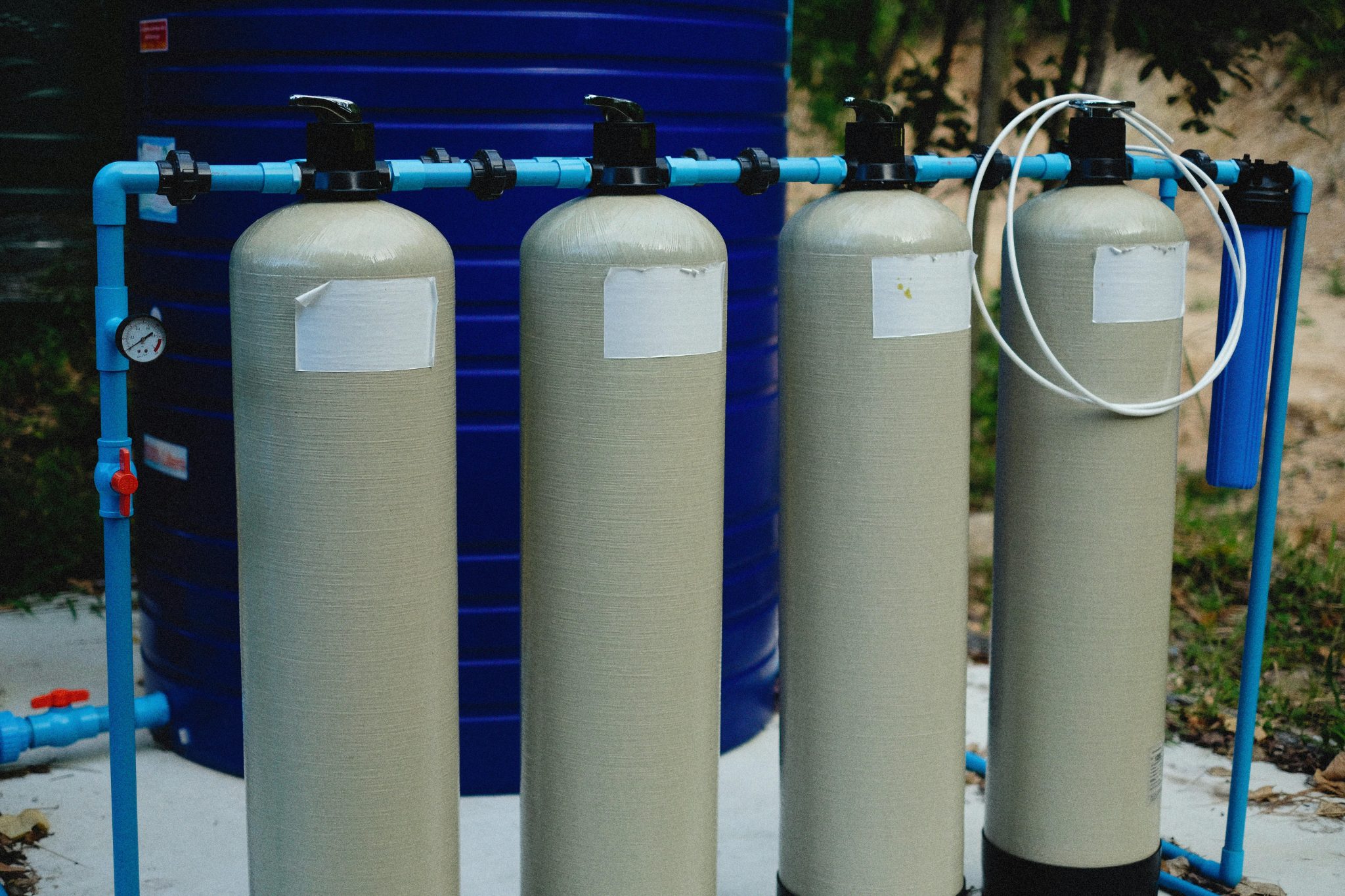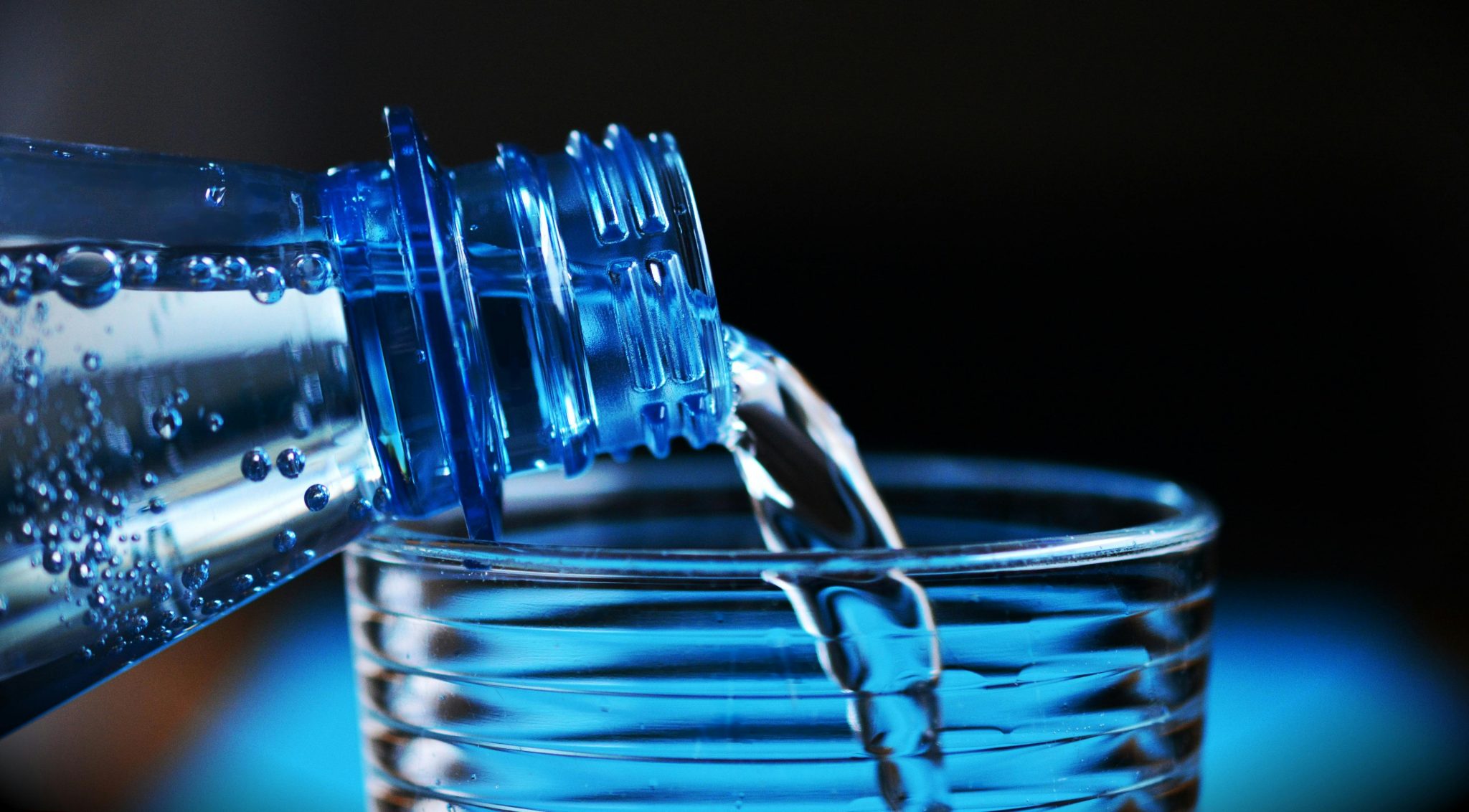Understanding how often should water filters be replaced is key to keeping your home water clean, safe, and great-tasting. Whether you rely on a single under-sink unit or a complex whole-house system, filter maintenance directly impacts performance and your family’s health.
If you are considering upgrading or replacing your setup, explore a high-quality whole house water filter system to see which model best fits your home’s water needs.
What Is the Lifespan of a Whole House Water Filter?
When it comes to how long does a whole house water filter last, there’s no single answer. The exact lifespan depends on factors such as water quality, daily usage, and the specific type of filter installed. Still, most manufacturers and water treatment professionals agree on general timeframes that can guide regular maintenance.
A sediment pre-filter, which traps rust, dirt, and sand, usually lasts about three to six months. Homes that use well water or experience high levels of sediment may need to replace it even sooner.
A carbon filter, designed to absorb chlorine, pesticides, and volatile organic compounds, typically performs efficiently for six to twelve months. The more contaminants it removes, the faster it becomes saturated.
A post-filter (the final polishing stage) may last up to a year, especially in municipal water systems where the incoming water is already pretreated.
If your system includes a UV disinfection unit, its lamp should be replaced every twelve months. UV bulbs lose intensity over time, even if they still light up.
Finally, the filtration tanks and main housings can last anywhere from 10 to 25 years when properly maintained. However, their internal media often require replacement every five to ten years, depending on capacity and usage.
In short, water filters don’t expire on a calendar date — their lifespan is tied to how much water passes through and what that water contains. Monitoring flow rate, taste, and pressure can help you anticipate when it’s time for a change.
Which Filters Require Replacement?

A whole house system isn’t a single filter — it’s a network of filtration stages, each serving a different purpose. Knowing which parts need regular replacement will save you from unexpected maintenance issues.
Sediment Filters
The first stage in most systems, sediment filters capture solid particles before they can damage downstream components. Because they face the highest physical load, these filters need the most frequent replacement. If you notice reduced water pressure or visible buildup inside the housing, it’s time to replace it — usually every three to six months.
Carbon Filters
The next stage often involves activated carbon, which removes chemicals that affect water taste and odor. Once carbon pores fill up, they can no longer absorb contaminants effectively. If your water begins to taste or smell unusual, it’s a sign your carbon cartridge has reached the end of its lifespan — typically within six to twelve months.
Post-Filters and Specialty Media
Some systems include an extra fine post-filter to remove remaining impurities. This component usually lasts between nine and twelve months. Specialty filters, such as those targeting heavy metals or fluoride, should be replaced according to the manufacturer’s gallon capacity rating.
UV and Disinfection Units
UV lights or ozone modules are powerful additions for microbial control, but they weaken over time. Replace the bulb or cartridge once a year to maintain proper sterilization levels.
Water Softeners and Conditioners
If your whole house system includes a softening or conditioning unit, expect the resin or media to last about five to six years before performance begins to decline. Regular cleaning or regeneration helps extend its effectiveness.
System Housing and Tanks
The outer structure of a system is built to last for many years, but components like O-rings, seals, and fittings may need periodic replacement. Checking them annually prevents leaks and maintains stable water pressure.
What Effect Does an Aged Filter Have on Water Quality?
Delaying filter replacement might seem harmless, but it can lead to a series of hidden problems that compromise both water quality and system efficiency.
Decreased Water Pressure
When filters clog, water struggles to pass through the media. You’ll notice weaker showers, slower faucet flow, or washing machines taking longer to fill. This is one of the first signs your filter is overdue for replacement.
Contaminant Breakthrough
An overused filter loses its ability to trap impurities. Once the filter media is saturated, contaminants can leak back into the water supply, reversing the very purpose of filtration. This often results in unpleasant tastes, odors, or visible cloudiness.
Bacterial Growth
Old filters become breeding grounds for bacteria, especially when water remains stagnant in the system. Instead of purifying your water, a neglected filter can reintroduce microorganisms and biofilm.
Poor Taste and Odor
If your filtered water starts to smell like chlorine, metal, or earth, it’s a strong indicator that your carbon or post-filter has reached capacity. Replacing it promptly restores freshness and taste.
Stress on the Entire System
One clogged filter can create unnecessary strain on the rest of your system. Pumps, valves, and other filters must work harder, which shortens their lifespan and increases maintenance costs. Timely filter changes keep the entire setup working efficiently.
How Often Should a Whole House Water System Be Replaced?

While individual filters have short-term lifespans, homeowners often wonder how often should a whole house water filter be changed or when the entire system might need replacement.
System Replacement Frequency
Generally, a well-maintained whole house system lasts anywhere from 10 to 25 years. However, if your system experiences frequent leaks, pressure loss, or water quality issues even after regular filter changes, it may be time for an upgrade.
Signs It’s Time to Replace or Upgrade
Several signs can indicate that your system is due for a replacement. One of the most common is persistent taste or odor problems — when unpleasant water characteristics remain even after you’ve replaced the filters. Another red flag is visible corrosion or physical damage, such as rust or cracks in the housing or tanks, which suggest that the system materials are weakening. Outdated technology can also be an issue; modern filtration media can remove contaminants like PFAS or pharmaceuticals that older systems are not designed to handle. A reduction in capacity is another clue — if your household has grown or your water usage has increased, your current setup might no longer be sufficient. Finally, rising maintenance costs can signal that it’s more practical to replace the entire system rather than continue repairing or changing individual components.
Extending System Longevity
To keep your system running at peak performance, it’s important to track every filter change date directly on the housing and to check water pressure gauges regularly, since a pressure drop often indicates a clog. If your home uses well water or experiences high sediment levels, you should flush the system more often to prevent buildup. Maintaining a consistent schedule based on water usage rather than fixed dates helps you adapt to real conditions. And to ensure durability and efficiency, always use certified replacement filters from reputable brands that are fully compatible with your system.
How to Know When Water Filter Needs Replacing
Even with guidelines and schedules, it’s important to recognize the early warning signs of filter exhaustion. Watch for these indicators:
- Taste or odor changes — chlorine or musty flavors signal an overused carbon filter.
- Cloudy or discolored water — sediment filters are likely clogged.
- Noticeable pressure drop — restricted flow often means filters are saturated.
- Indicator lights or smart sensors — many modern systems alert you automatically when a change is due.
- Increased utility or repair costs — higher pressure strain can raise water bills and wear out parts prematurely.
By staying alert to these signals, you’ll always know how often should I change my whole house water filter before performance declines.
Keeping up with your filter replacement schedule may seem simple, but it’s the foundation of a healthy and efficient water system. With routine care, your whole house water filter system will deliver safe, fresh water for years — protecting both your home and the people who live in it.





















